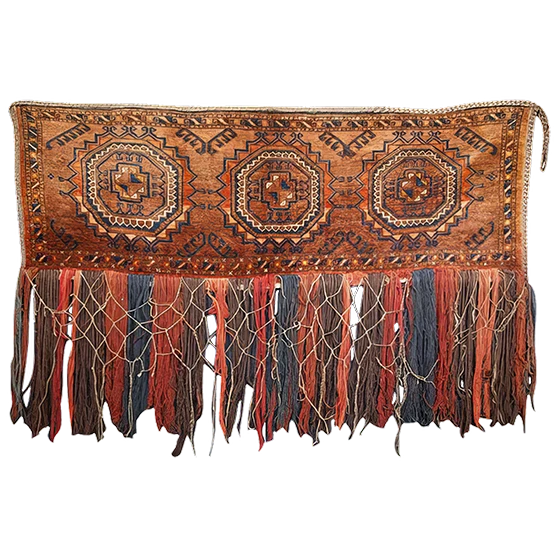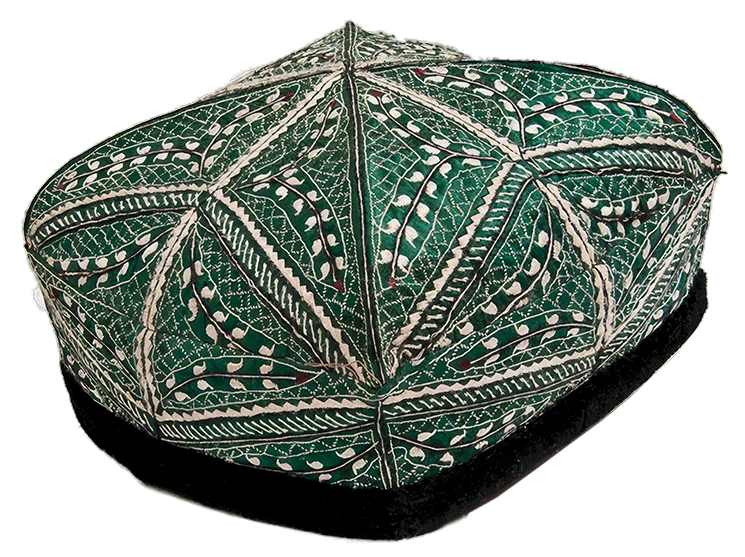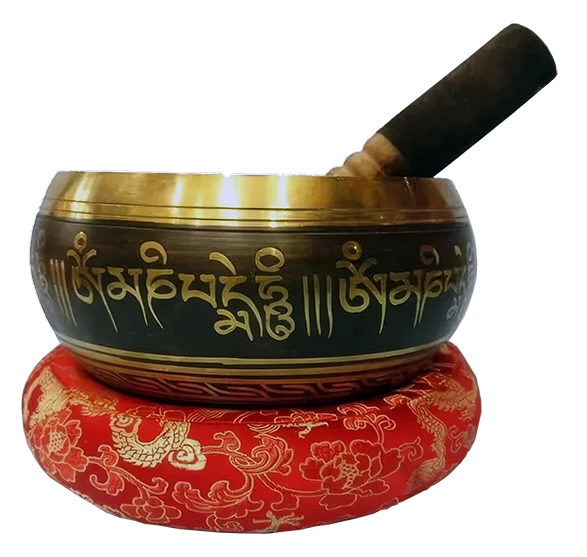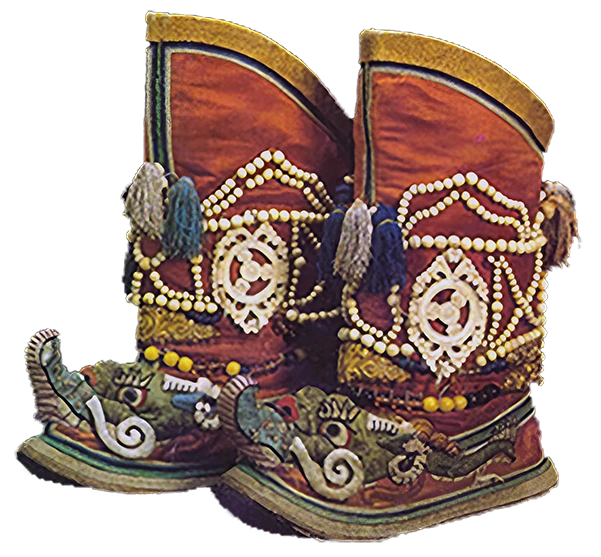
Basic information about Pakistan
Gilgit-Baltistan, a region in northern Pakistan, is a paradise for adventurers and nature lovers. Discover its pristine valleys, towering peaks, and the vibrant cultures of its people.
Basic Statistics for Pakistan
| Category | Data |
|---|---|
| Total Area | 881,913 sq km |
| Population (2023 est.) | 240.49 million |
| Population Density | 273 per sq km |
| Capital City | Islamabad |
| Major Languages | Urdu (official), English, Punjabi |
| GDP (PPP) 2022 | $1.56 trillion |
| GDP Per Capita (PPP) | $6,449 |
| GDP (Nominal) 2022 | $375 billion |
| GDP Per Capita (Nominal) | $1,559 |
| Gini Coefficient (2018) | 33.5 |
| Human Development Index (2022) | 0.544 |
| Currency | Pakistani Rupee (PKR) |
| Time Zone | UTC +5 |
| Driving Side | Left |
| Calling Code | +92 |
| Internet TLD | .pk |
| Life Expectancy | 67.3 years |
| Literacy Rate | 59.13% |
Public Holidays in Pakistan
New Year’s Day: January 1
Pakistan Day: March 23
Labour Day: May 1
Independence Day: August 14
Defence Day: September 6
Allama Iqbal Day: November 9
Quaid-e-Azam Day: December 25
Eid al-Fitr: Date varies (Islamic calendar)
Eid al-Adha: Date varies (Islamic calendar)
Eid Milad-un-Nabi: Date varies (Islamic calendar)
Geography
Gilgit-Baltistan is characterized by its mountainous terrain, including some of the highest peaks in the world, such as K2. The region features stunning valleys, glaciers, and rivers, and is known for its breathtaking natural beauty.
Government and Political System
Gilgit-Baltistan is an autonomous territory within Pakistan, governed by a regional assembly and the federal government. The region has a unique political status, with special administrative arrangements.
Economy Overview
The economy of Gilgit-Baltistan is based on agriculture, tourism, and trade. The region is known for its production of fruits, handicrafts, and gemstones, and it plays a crucial role in the China-Pakistan Economic Corridor (CPEC).
Health and Safety
Travelers should have comprehensive travel insurance and be aware of healthcare facilities, which can be limited in remote areas. Vaccinations for hepatitis A, typhoid, and other common diseases are recommended. Learn more about health and safety.
Education
Education in Gilgit-Baltistan is improving, with efforts to expand access to primary and secondary education. The region has several colleges and vocational training centers.
Environmental Concerns
Gilgit-Baltistan faces environmental challenges such as glacial melting, deforestation, and water scarcity. Conservation efforts include projects to protect the unique ecosystems and biodiversity of the region.
Cultural Etiquette and Norms
The culture of Gilgit-Baltistan is diverse, with multiple ethnic groups and languages. Hospitality is highly valued, and visitors should dress modestly and respect local customs.
Sources:
Pakistan Bureau of Statistics
CIA World Factbook
Worldometer











